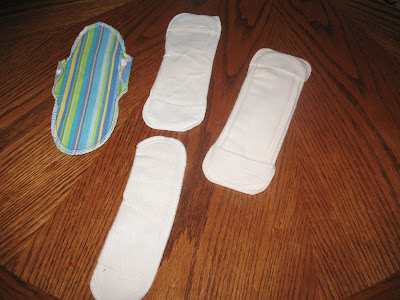Monday, September 6, 2010
August 19 - Humanitarian Day
And yes there are those of us who do work in foreign countries trying to help those who may have been oppressed or lack opportunities for a better quality of life. For me, being a humanitarian is simply that I and my family, through our family charity The Ronnie Fund, want to help create a peaceful world where all people are equal and have the basic necessities of life. Even though we are just an average middle-class family, we feel we are so blessed by what we have and how easy life is for us while there are so many around the globe who do not have access to clean, safe drinking water, the ability to send their children to school on a regular basis or have enough food for the table. In Africa, it is a real challenge for most people to provide even one meal a day for their family.
August 19th is Humanitarian Day - it is a time to think about how you can make the world a more humane place by using your actions to help those in need, at home, around the corner or around the world. Each of us has the capacity to help all human kind. Support Humanitarian Day by helping someone in need - you'll be glad you helped to contribute to making the world a better place to live.
Tuesday, July 27, 2010
The Value of Volunteers


Thursday, June 17, 2010
Day of the African Child - June 16
 . Watoto is the Kiswahili word for "children".
. Watoto is the Kiswahili word for "children".
Monday, May 17, 2010
Bega Kwa Bega Fair Trade Group Offers Hope

Friday, April 16, 2010
The Value of Volunteering

Sunday, April 4, 2010
Kenya - Subsistance Farming versus Market Gardening
 - it expands your horizons and shows you that the world the media portrays is not always as implied. Often we only hear about the poverty that is Africa and yet there are areas of great beauty and wellbeing."
- it expands your horizons and shows you that the world the media portrays is not always as implied. Often we only hear about the poverty that is Africa and yet there are areas of great beauty and wellbeing."
We just returned from a two week visit back to Wongonyi Village in Kenya to check up on our projects that The Ronnie Fund has been supporting. It's been one and a half years since our last trip and once again, our children Martha and Jeremy accompanied us. What a fantastic opportunity for them to see another part of this great planet earth.
I noticed new changes in Kenya this trip - for me it seemed in Nairobi that the city was cleaner (not as many small piles of smouldering litter at the roadsides) and the Mombassa-Nairobi highway was so much better than the last time. Only one small detour hindered our trip to Wongonyi. But still the road up to Wongonyi Village was the same, a rocky road of deep gulleys that meant 10 km seemd more like 100 as the range rover inched its way up a road that was carved out of the hillside. My daughter Martha knew not to look out the window as we were sitting on the cliffside of the matatu. Thankfully the rain held off until later that evening when we were safely esconced in the village.
Although Wongonyi, located high atop the Taita Taveta Hills is a subsistence farming village where farmers have little access to markets in Voi and Mombassa, that would produce income from their agricultural efforts. The poor road infrastructure is a hindrance to producing more and in turn being more successful. And yet, a trip we took up to the Rift Valley lookout showed us a different Kenya, a more profitable area shown in the photo above. The Rift Valley is much like our Holland Marsh, an area rich in agricultural fertility that thrives on market gardening. And easy access to a continuation of that same Mombassa - Uganda Highway means that Rift Valley farmers can easily ship their produce to markets in Voi and Mombassa on the coast. It is amazing that a simple thing like a proper road can mean the difference between profit and loss, subsistence and successful market gardening, even the distance from the Rift Valley to Voi is so much greater than from Wongonyi to Voi.
Although Africa and Kenya do have areas that where poverty and living on a dollar a day is the norm, where parents often cannot afford school fees or uniforms, villages rely on the World Food Program and subsistence farming means simply that, that people are just subsisting but there are also areas of Kenya where the quality of village life is improving and farming has moved into market gardening, a more profitable way of life. In Wongonyi, we are working in co-operation and collaboration with local farmers and village residents to provide them with the tools and resources they need to move ahead but they still have to rely on local government to provide them with the infrastructure like proper roads to access profitable markets. Hopefully, local governments will see the benefits to all people in providing these essential services.
Wednesday, March 24, 2010
March 22 - World Water Day
